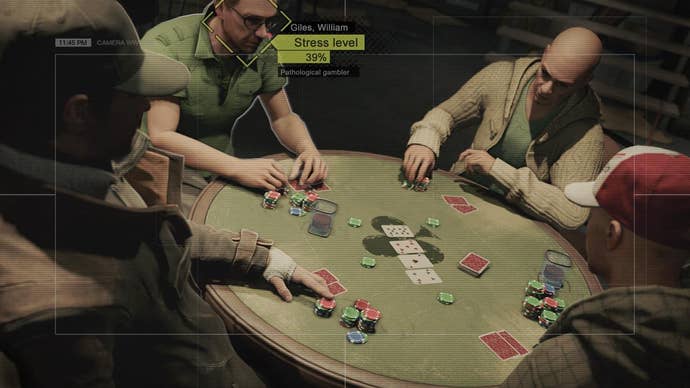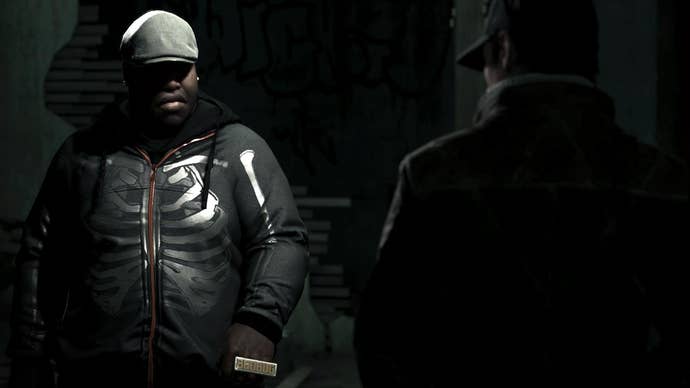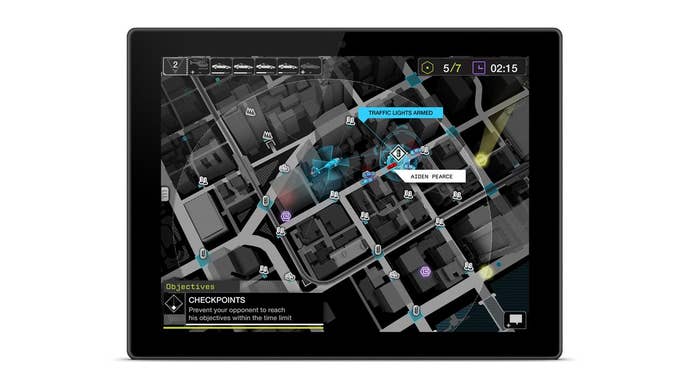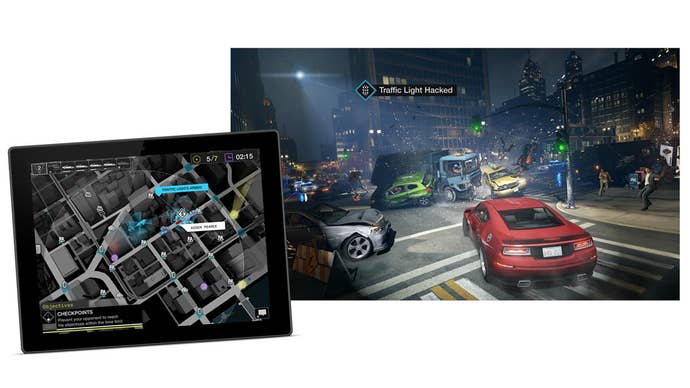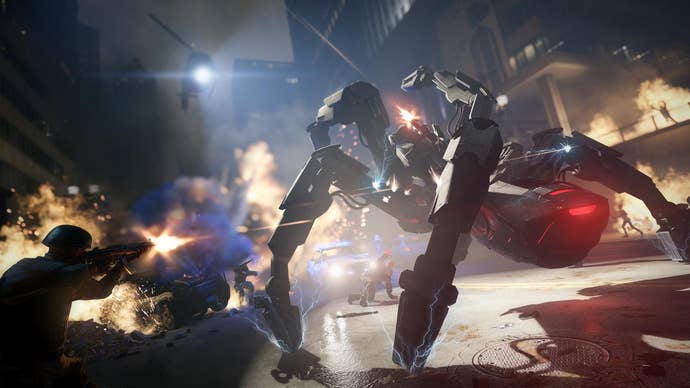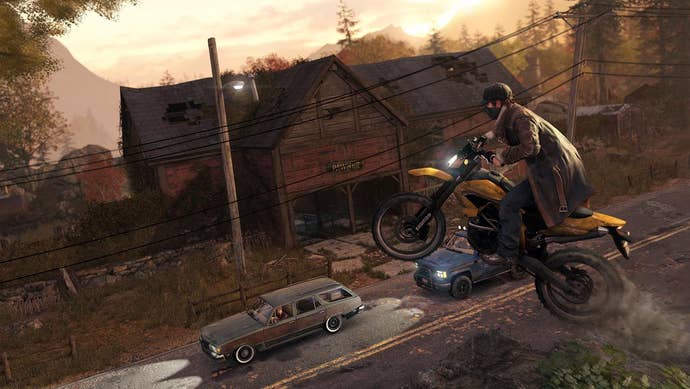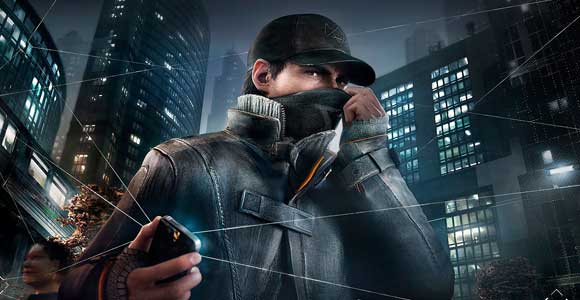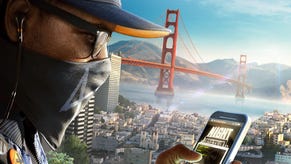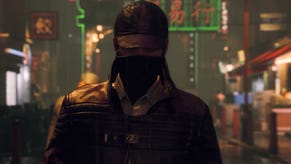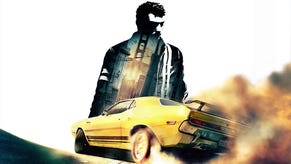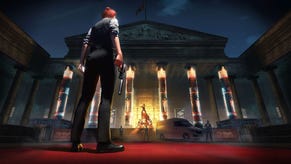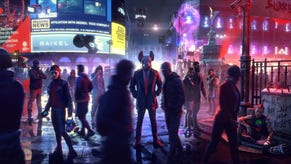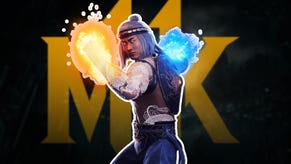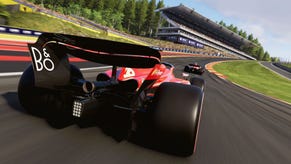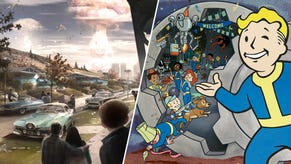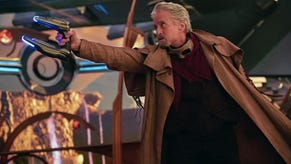Watch Dogs: a cutting edge world that feels both new and familiar
Stace Harman plugs himself into Watch Dogs’ fictional universe and finds a degree of familiarity that could enhance immersion but may ultimately lessen its impact.
”Pearce’s technical wizardry is such that he can cast his spell on pretty much anything that’s controlled by a computer system and in Watch Dogs, as in real life, that’s more or less everything.”
Despite suffering a high profile delay of several months, it feels as though Ubisoft Montreal’s near-future hack-fest is arriving at a very pertinent time. Recent real-world history has produced headlines that take in covert phone surveillance, guerrilla hacking groups Vs multinational corporations and the uncovering of inexplicably large holes in some of the world’s most prominent IT systems.
Clearly, if somebody wanted to make a gritty and socially relevant thriller about Big Brother and those seeking to subvert the extensive digital networks on which our lives are run then now would be a very good time to tap into the zeitgeist.
Watch Dogs’ Aiden Pearce is a man able to exploit such weaknesses to gain access to Chicago’s fictional but credible ctOS (Central Operating System). Once inside he can manipulate its architecture to change traffic lights, activate vehicle barriers and raise bridges, at the touch of a button and on the fly – in a manner that’s mechanically similar to Starbreeze’s Syndicate reboot of a couple of years ago.
These abilities are particularly useful when being pursued by law enforcement and involved in shootouts. They also come in handy when you want to beat the traffic to make it home in time for mid-afternoon reruns of Gilmore Girls.
”It’s up to you to decide whether you choose to skim a couple of hundred dollars from the bank accounts of drug dealers, pimps or fraudsters. It’s surprisingly powerful the first few times you decide to tap an average Joe for cash only to find that they’re recently married or are battling cancer.”
In short, Pearce’s technical wizardry is such that he can cast his spell on pretty much anything that’s controlled by a computer system and in Watch Dogs, as in real life, that’s more or less everything.
As Pearce becomes more adept at using his shady skill-set he gains access to more comprehensive hacks, so while at first you’ll have to smash a window to jack a car you’ll later have access to a universal key encoder that’s let’s you unlock the door and start the engine without risk of a bystander reporting your brute force approach to the police.
Back in the real world, there’s the everyday tracking and data gathering that has become so ingrained that we no longer think anything of it: internet cookies, CCTV monitoring and the tracking of shopping habits in the form of loyalty cards and browser history that we blithely acquiesce to.
Similarly, Pearce taps into this centrally stored data to hop around Chicago’s CCTV network and instantly surface personal data of everyday civilians, allowing him to access to personal information, salary details, potential for criminal behaviour and deepest, darkest fetishes.
Watch Dogs provides both the tools and opportunities for such activities but refrains from judging you for how you want to use them. So it is that Aiden Pearce can siphon money from the bank accounts of passers-by, gain access to new vehicles and access text or call data highlighting where something unsavoury is going to go down. Of course, the data itself is amoral, it’s just little pieces of digitally-stored information and only you know what you’re doing with it.
As such, it’s up to you to decide whether you choose to skim a couple of hundred dollars from the bank accounts of drug dealers, pimps, fraudsters but also whether your hits will include teachers, young families and voluntary workers. It’s surprisingly powerful the first few times you decide to tap an average Joe for cash only to find that they’re recently married or are battling cancer.
”It’s been a long time in the making but Watch Dogs is now very nearly here. Its fiction taps into our fear of over-reliance on machines combined with our fascination with their power and convenience.”
However, this info is for your eyes only; no one is going to ask you to justify your decisions and there’s no Elder Scrolls-esque cosmic conscience to make karmic adjustments to others’ perception of you based on your decisions, which is something that Ubisoft was always quite adamant it would stay away from.
“We could have easily used the data to power a karma system,” acknowledges lead game designer, Danny Belanger. “The data is all there but the point is not that, the point is if we put a score to that and gamify it then the question becomes ‘are you doing that to optimise your game-play or are you doing it because you care?’
“Obviously, it's a game but we're trying to make it a bit more real and some people care about that; the notion of stealing from good people but if we put points to it then we're turning it into something else. It was important for us to say that no one will know, just you. We really wanted it to be a real life reason that you might choose not to do it, rather than a game-play reason. We wanted to let people make their own story.”
Clearly, Watch Dogs can give us a lot to consider but it’s not above providing much more frivolous diversions. It’s with a sense of amused bemusement that despite the myriad parallels to be drawn between Pearce’s world and our own, I soon find myself rampaging through the city in the form of a giant Spider Tank. The aim here is to earn points by causing mass destruction by way of heavy machine gun fire, crushing cars and people with a hulking metal arachnid frame, scaling buildings and taking down helicopters.
A short while later, I’m tearing through the warped streets of Chicago in a car with a flaming maw, running-down demon-headed police officers and, later still, I’m engaged in something that can be best described as 'psychedelic'. These are Watch Dogs’ 'Digital Trips', expansive mini-games with their own progression systems that riff on the notion of being able to use technology to plug into an alternate reality.
Elsewhere, Watch Dogs looks set to follow the trend made fashionable by Assassin’s Creed and used by Far Cry, inFamous: Second Son and others. It gives you access to a huge wealth of mini-games and diversions but while Watch Dogs’ fiction means these extracurricular activities make sense in terms of its fiction, it also means that the structure of Watch Dogs’ world feels instantly - and overly - familiar.
That said, dicking around in Watch Dogs’ world feels fun and freeing. There’s a great deal of freedom involved in many of the things that you do and a number of the optional pursuits reward you with access to new vehicles and weapons, rather than have you collecting things just for the sake of it.
It’s been a long time in the making but Watch Dogs is now very nearly here. Its fiction taps into our fear of over-reliance on machines combined with our fascination with their power and convenience, while its open-world structure facilitates freeform expression and the option to manipulate its systems for our entertainment.
In that respect, it feels very much like a product of its time but it will be interesting to see whether its own reliance on such a familiar video game world structure will dull its otherwise bright and shiny universe.
Watch Dogs is set for release on PC, 360, Xbox One, PS3, and PS4 on May 27. A Wii U version is expected later this year.
